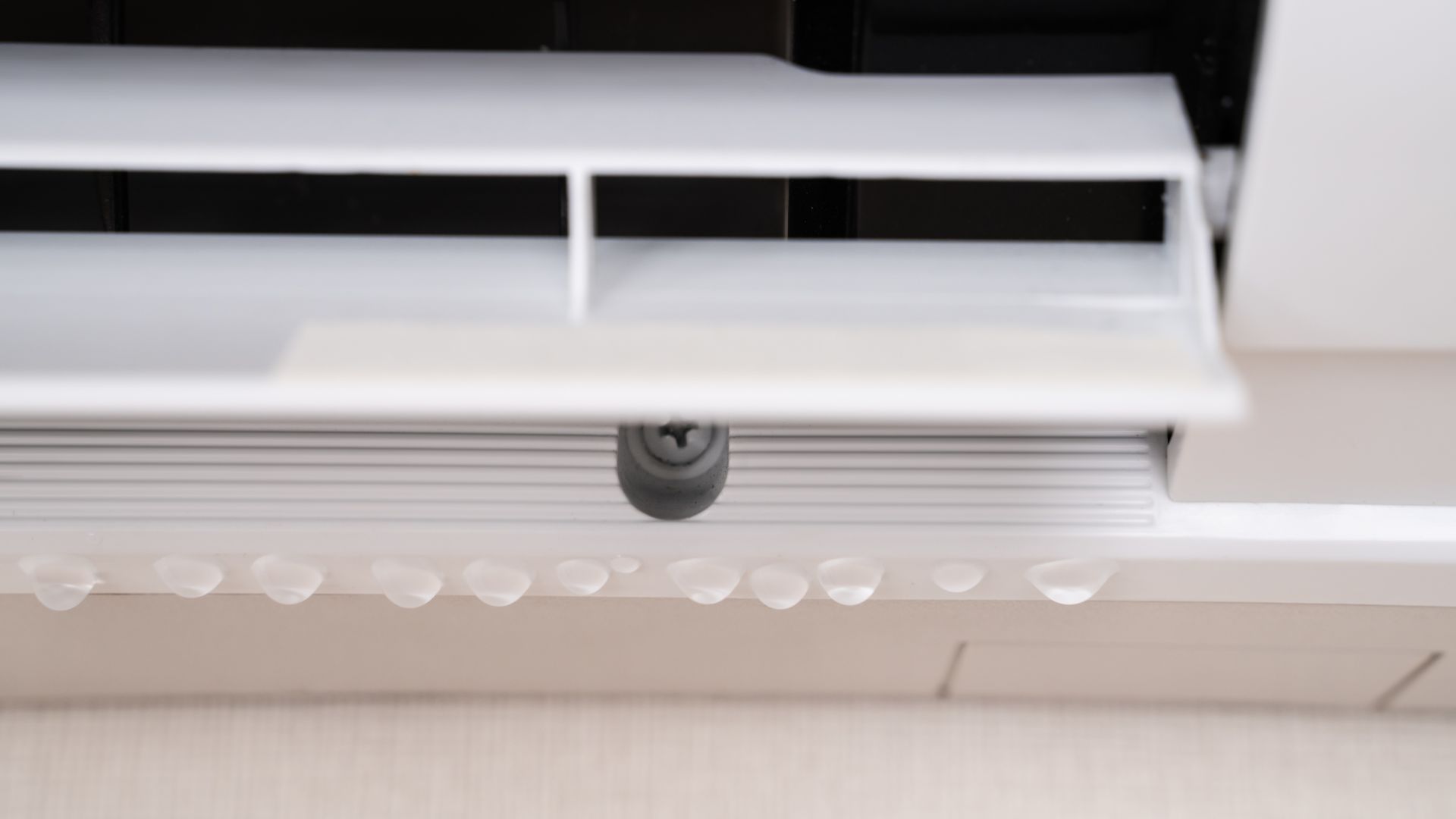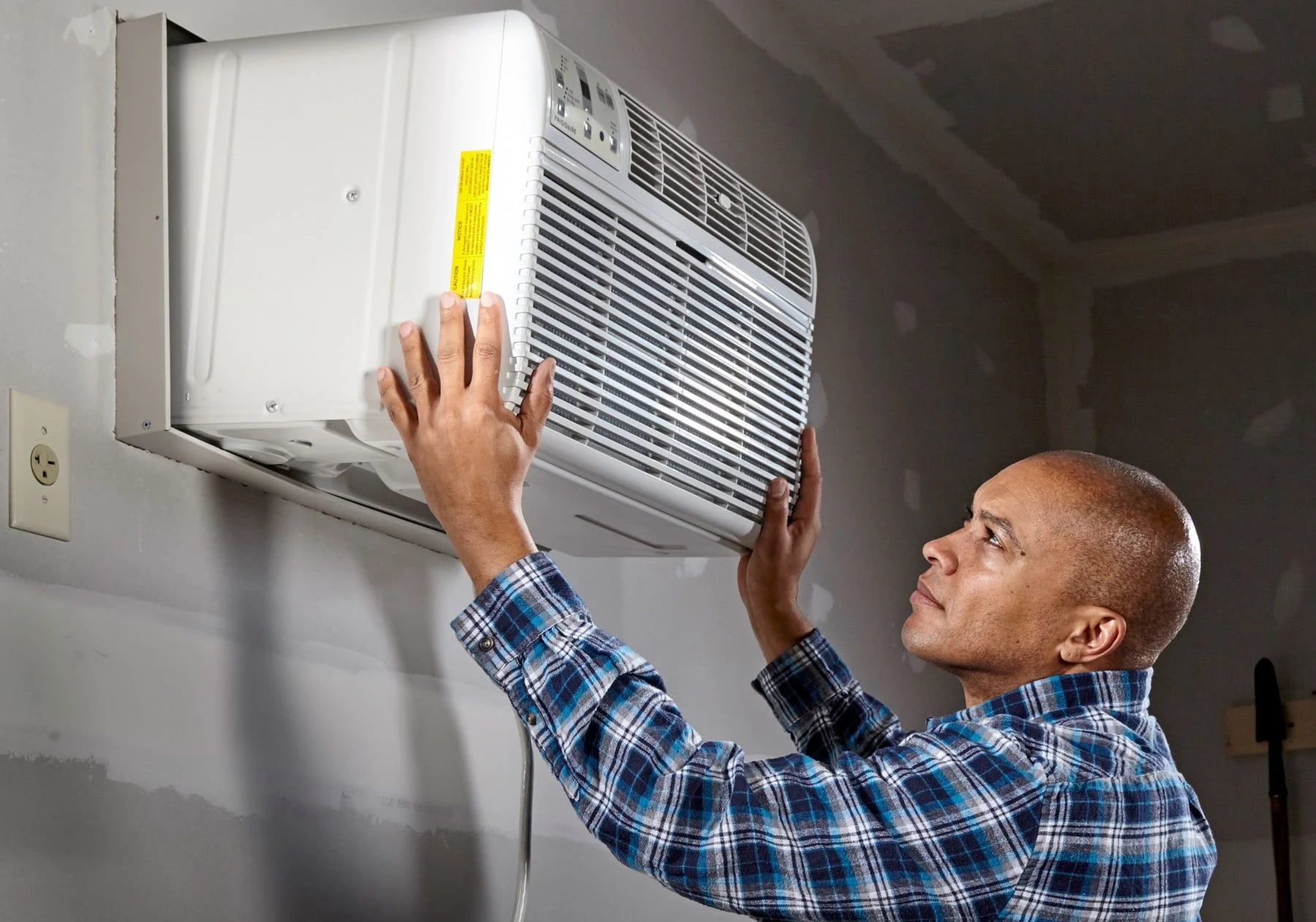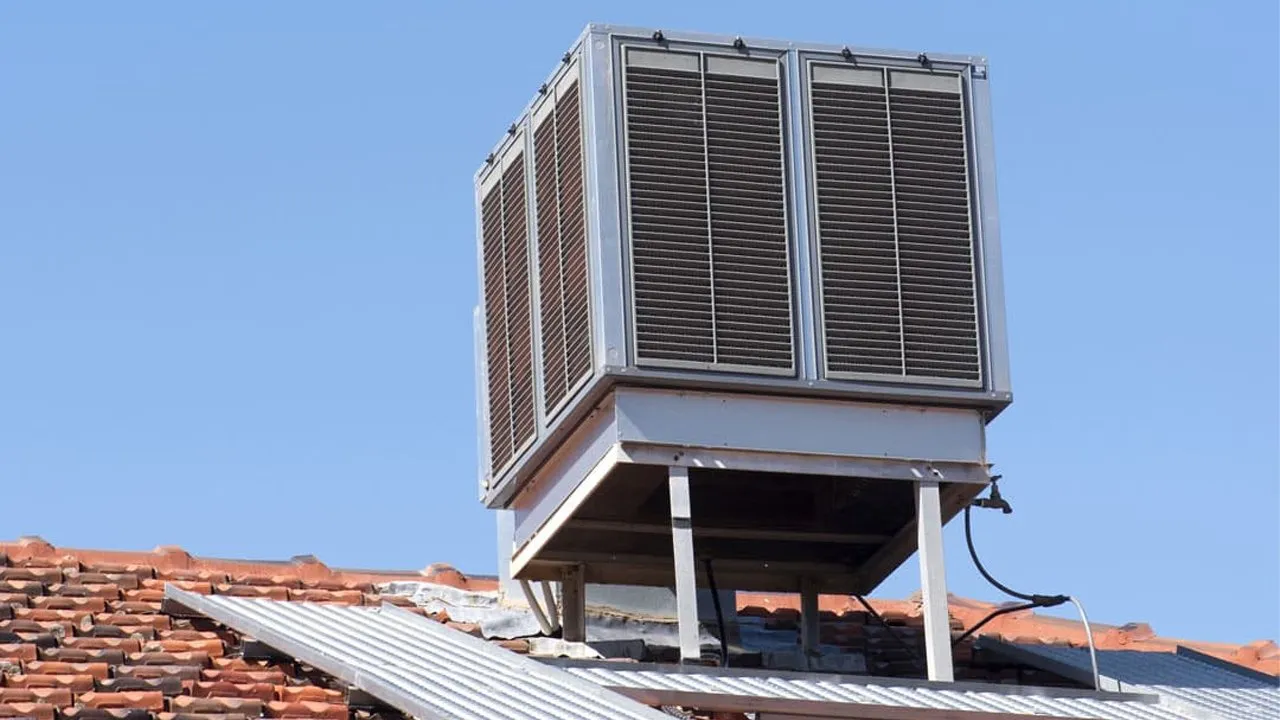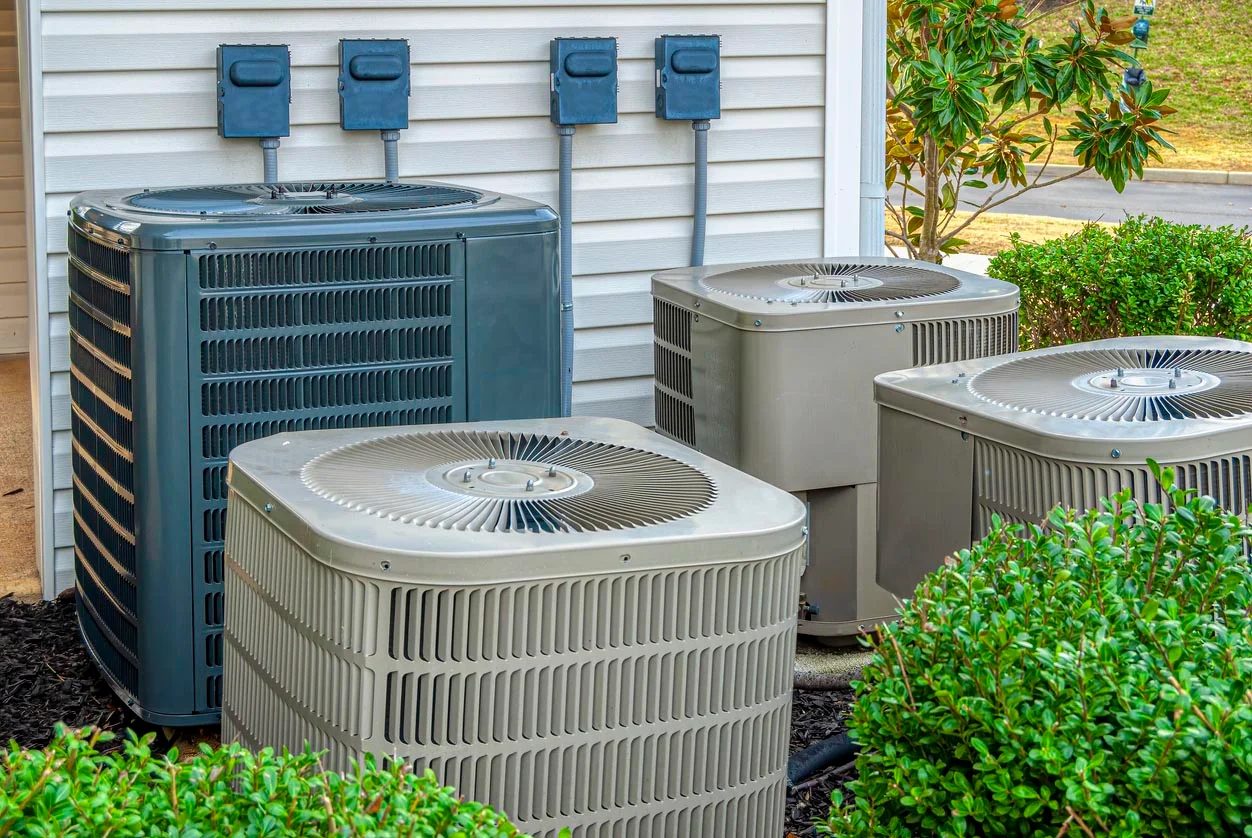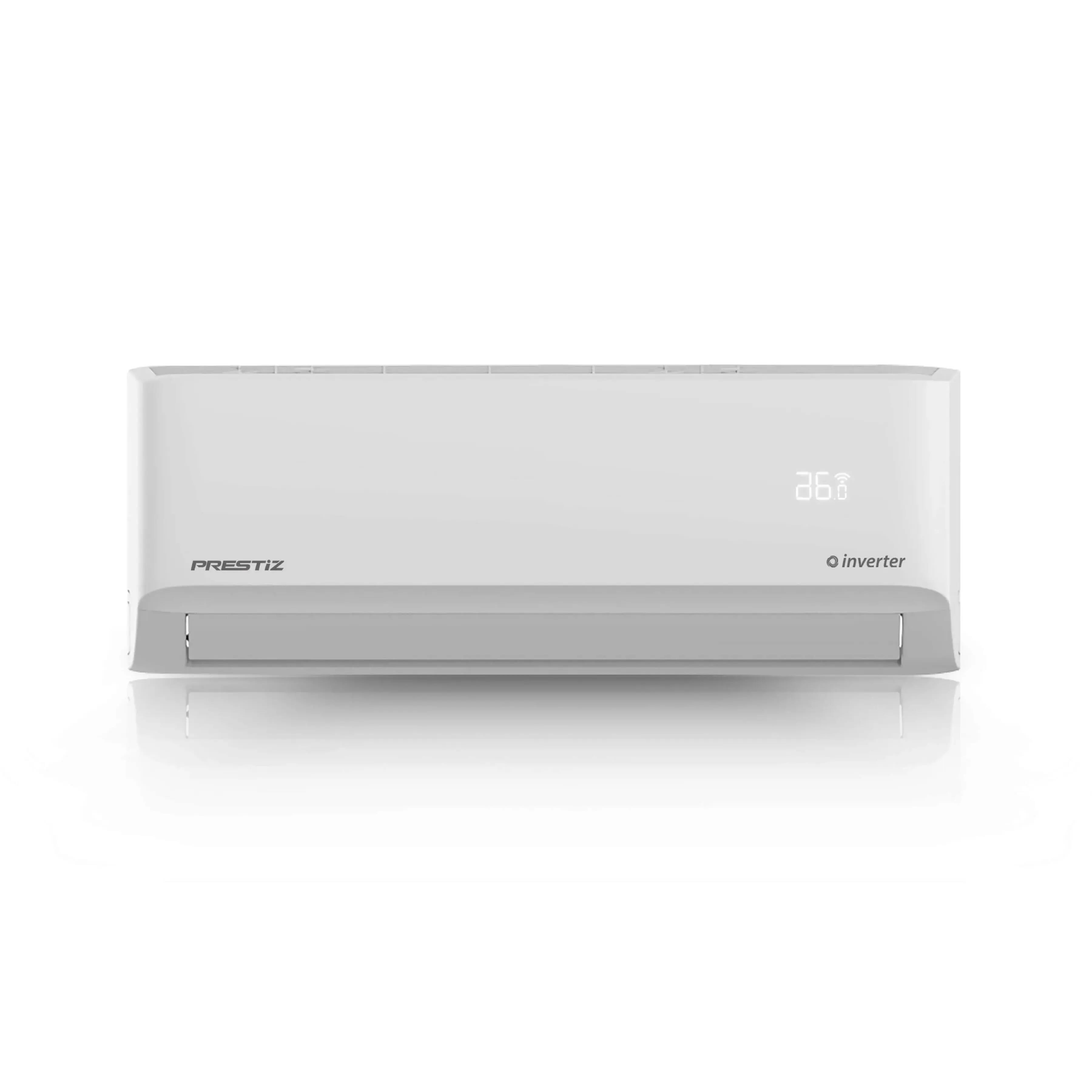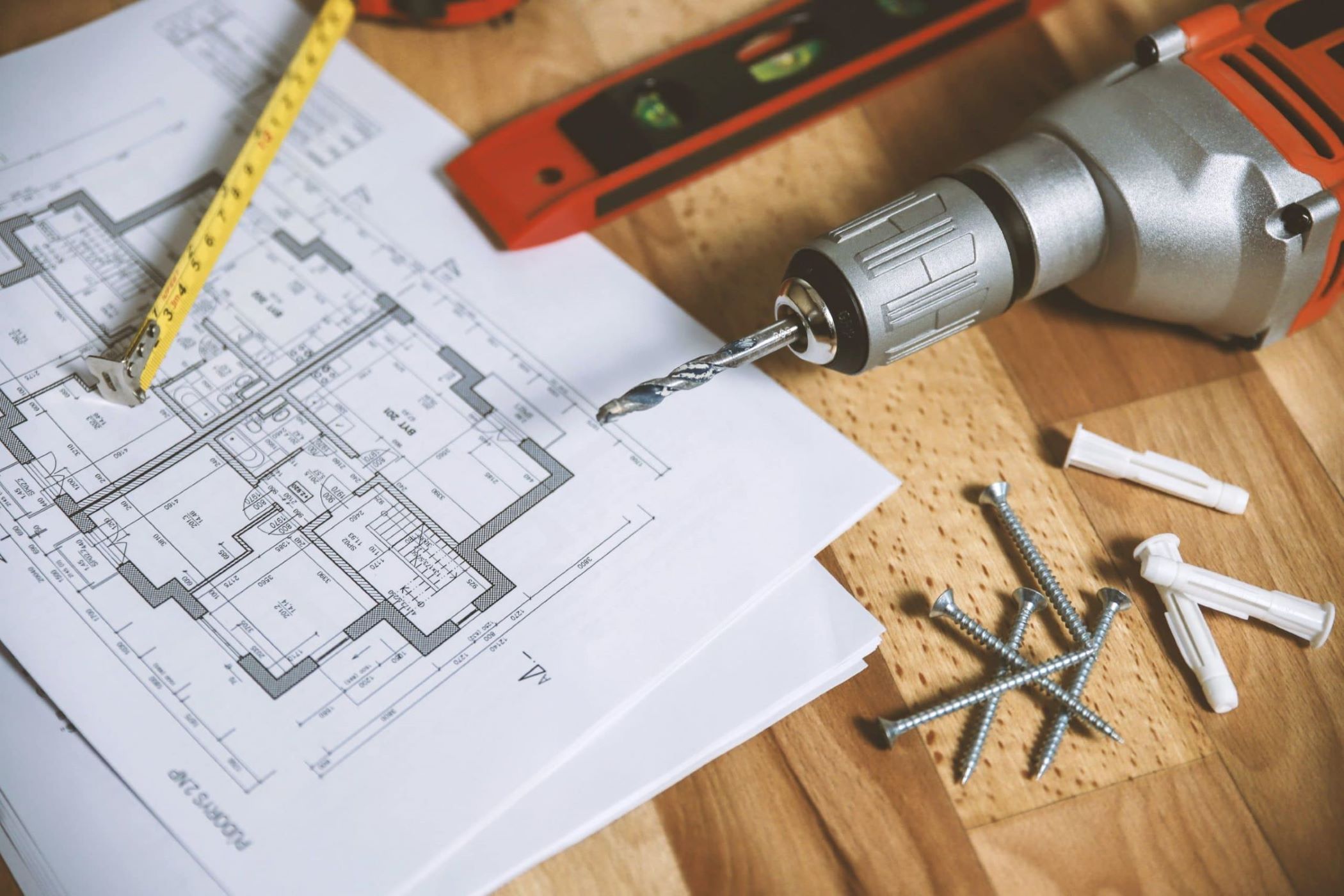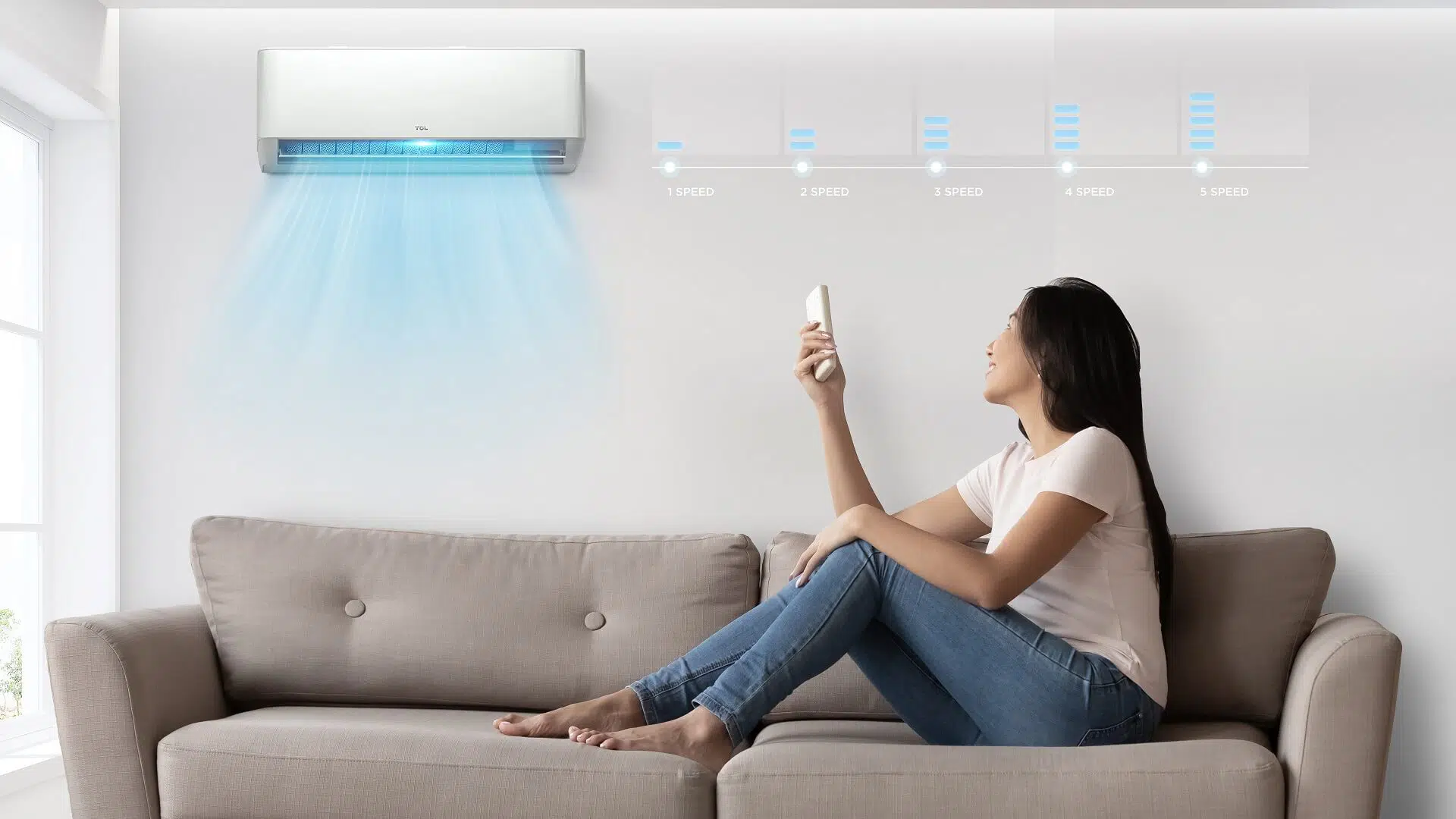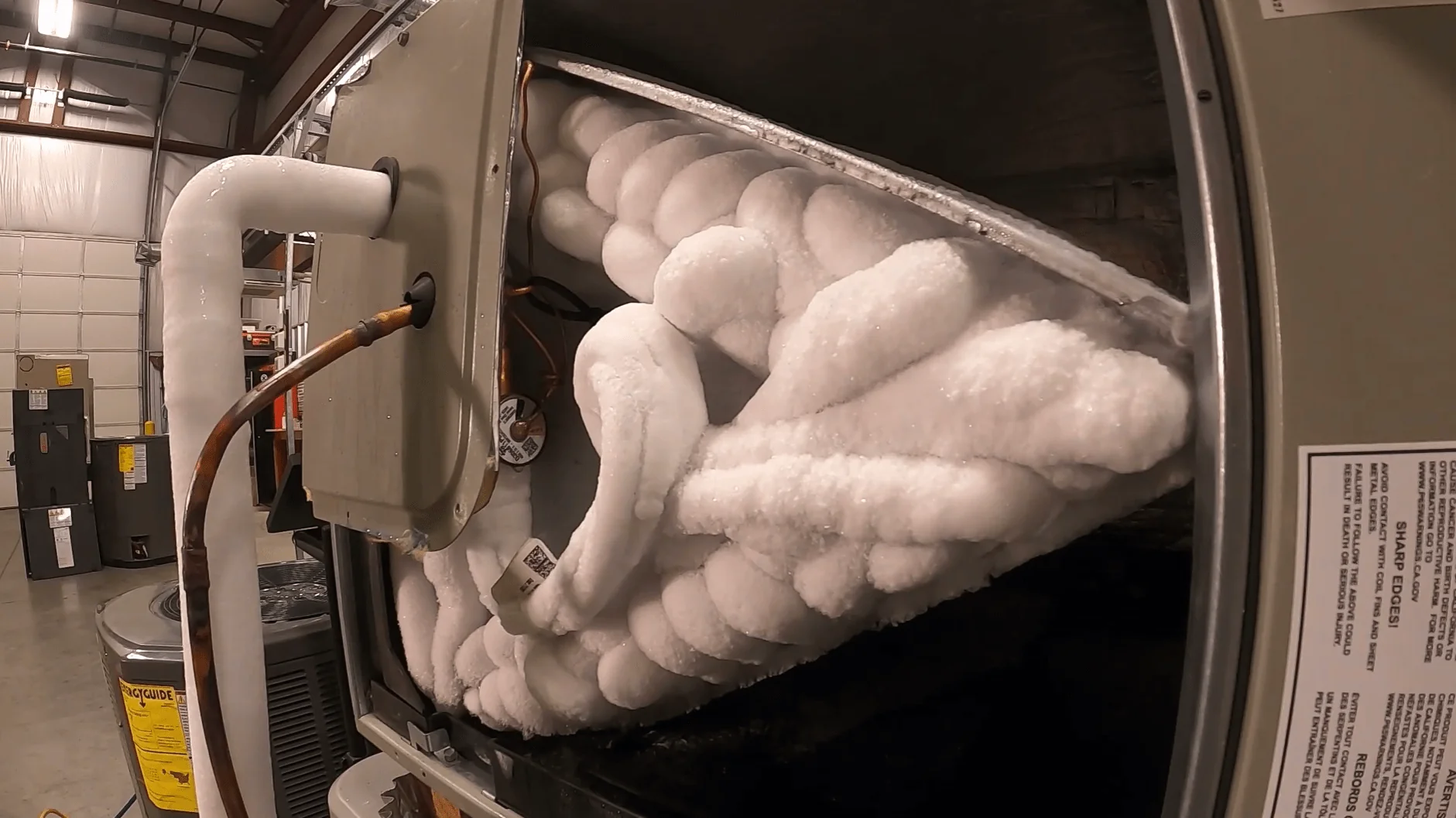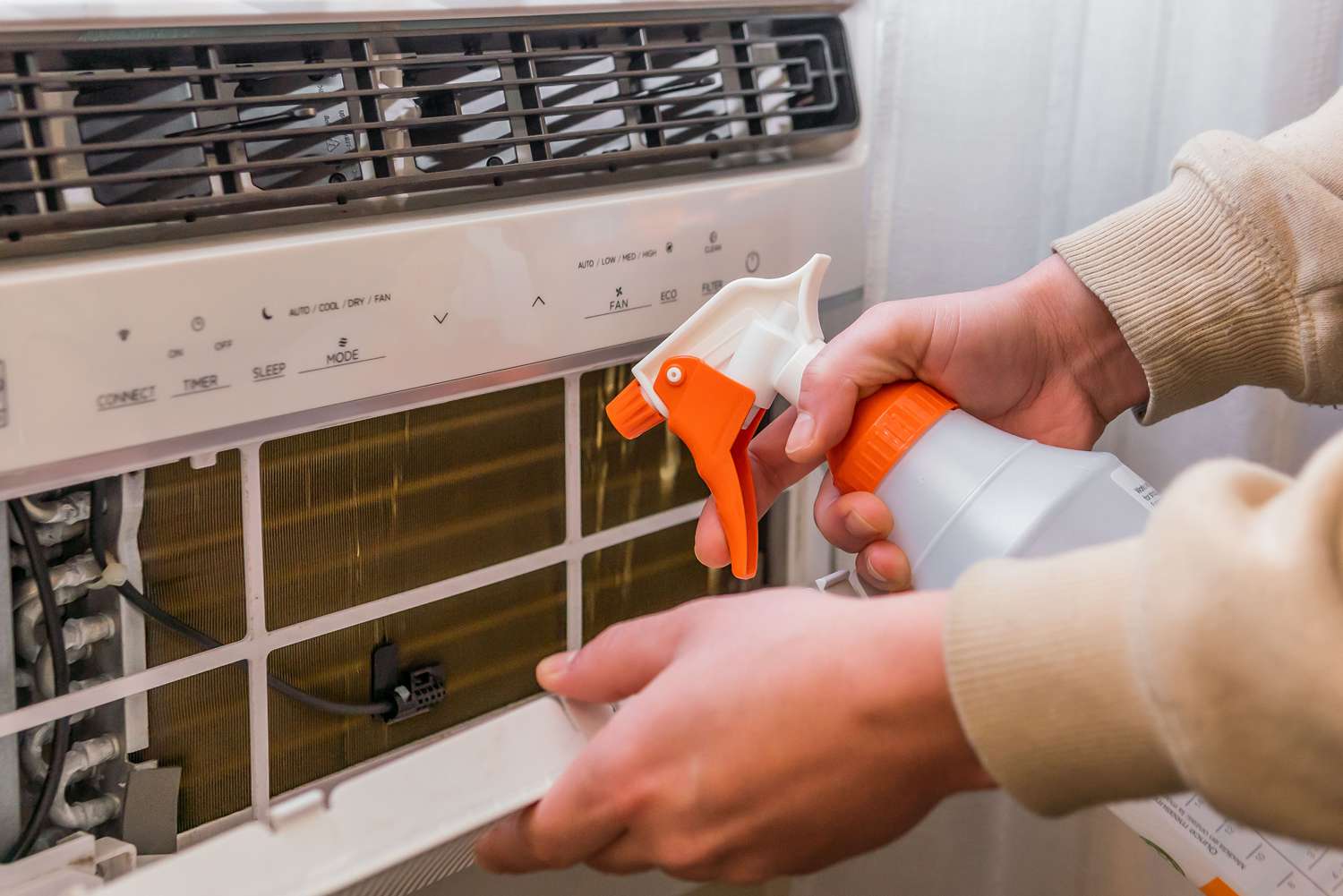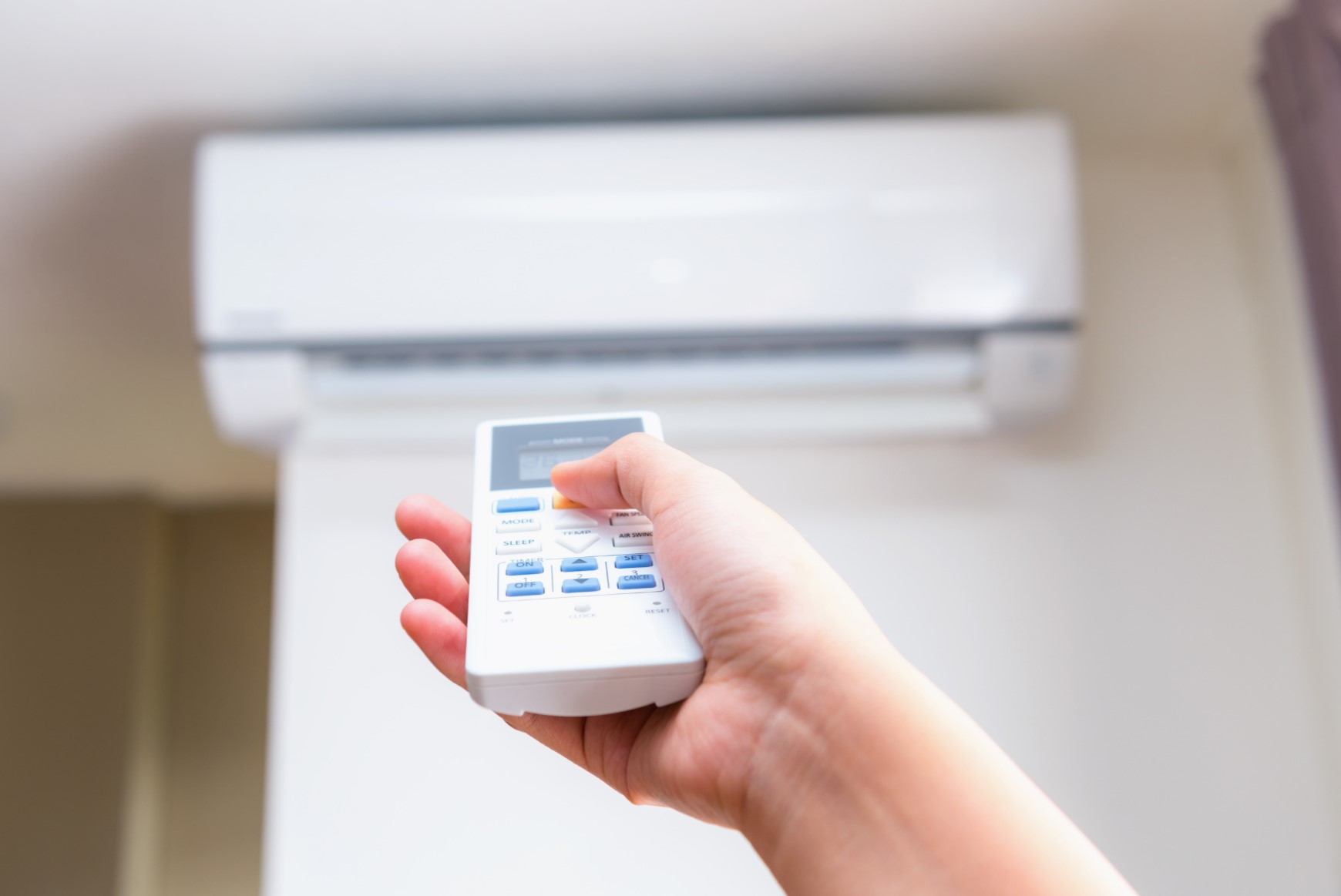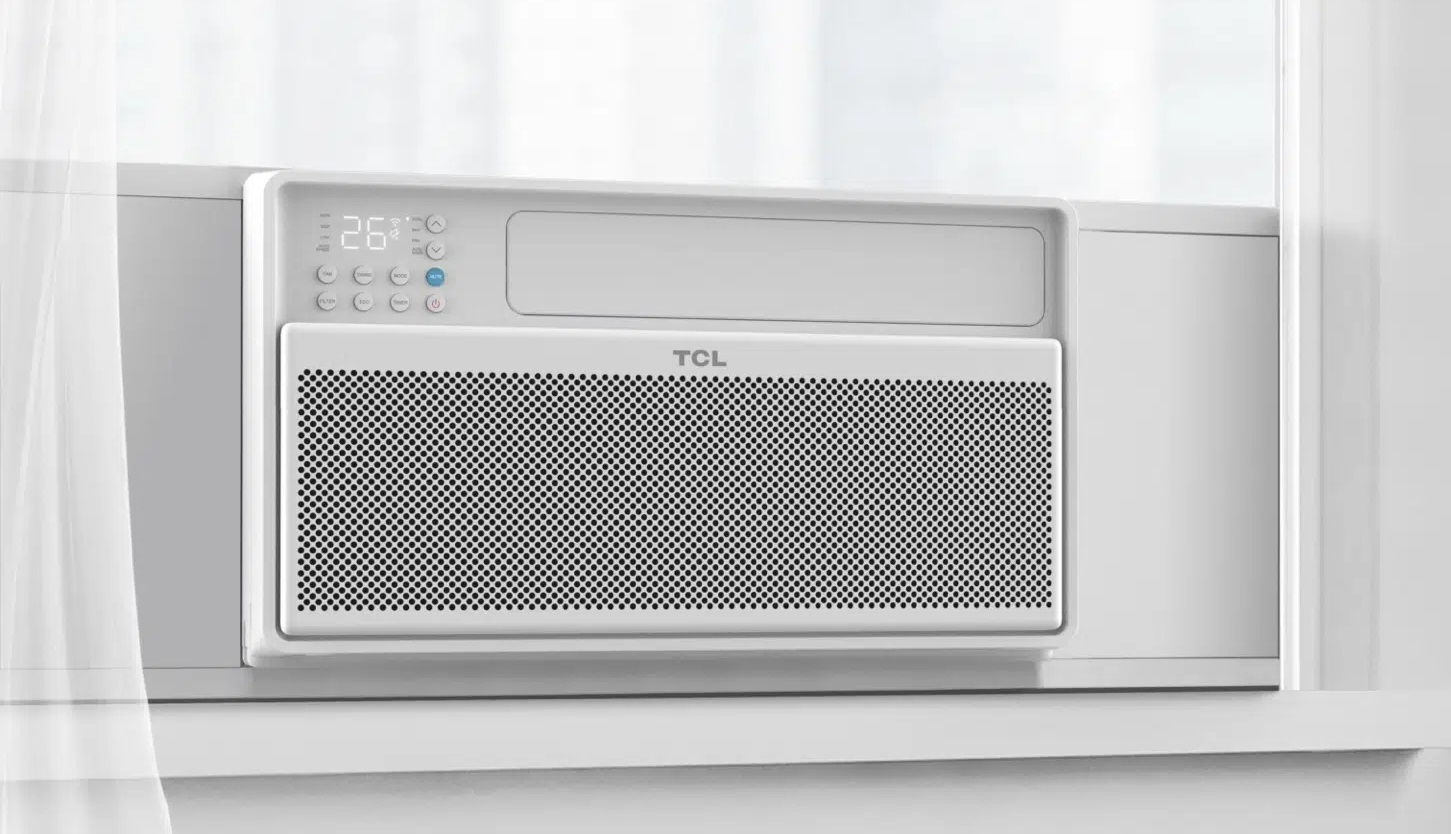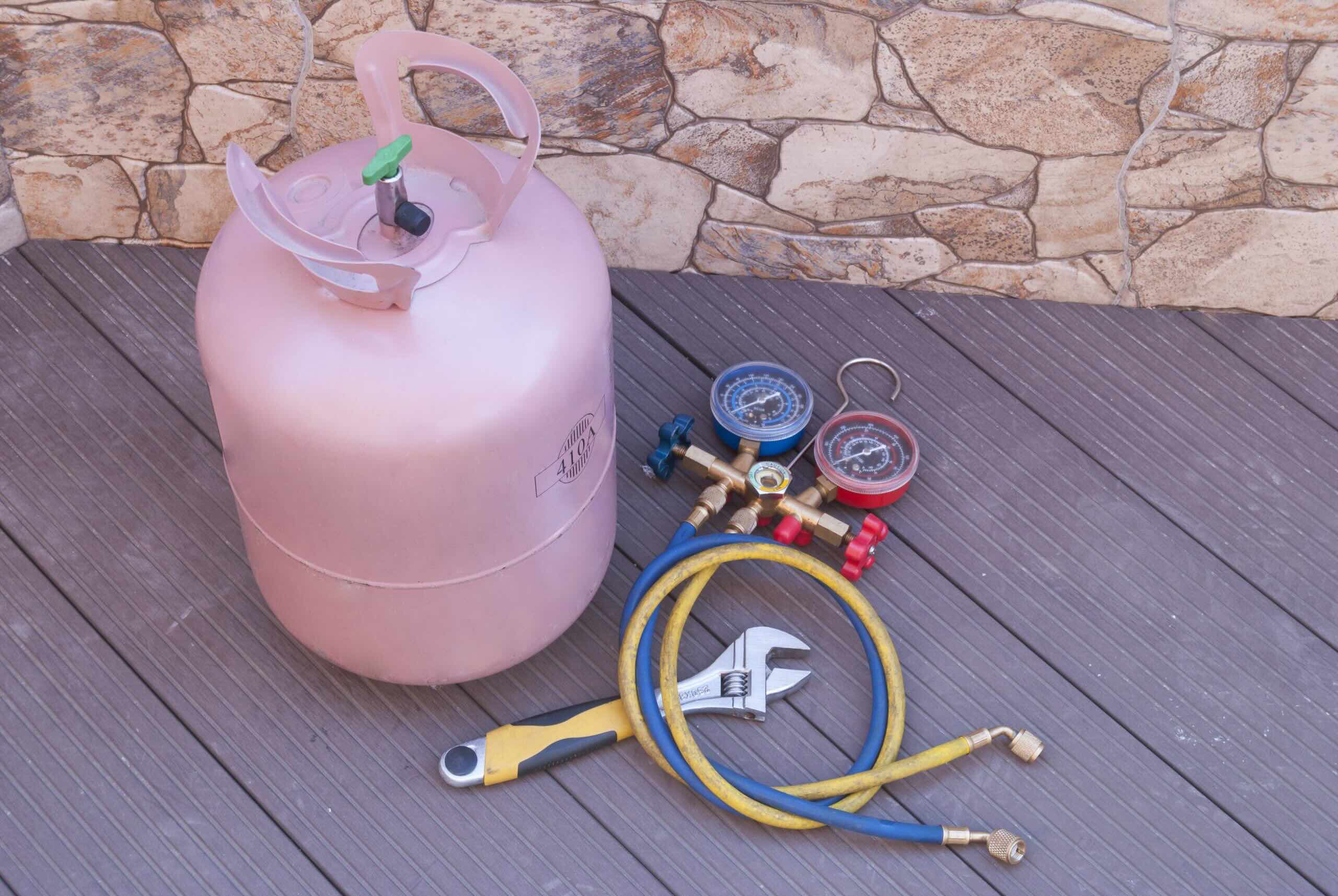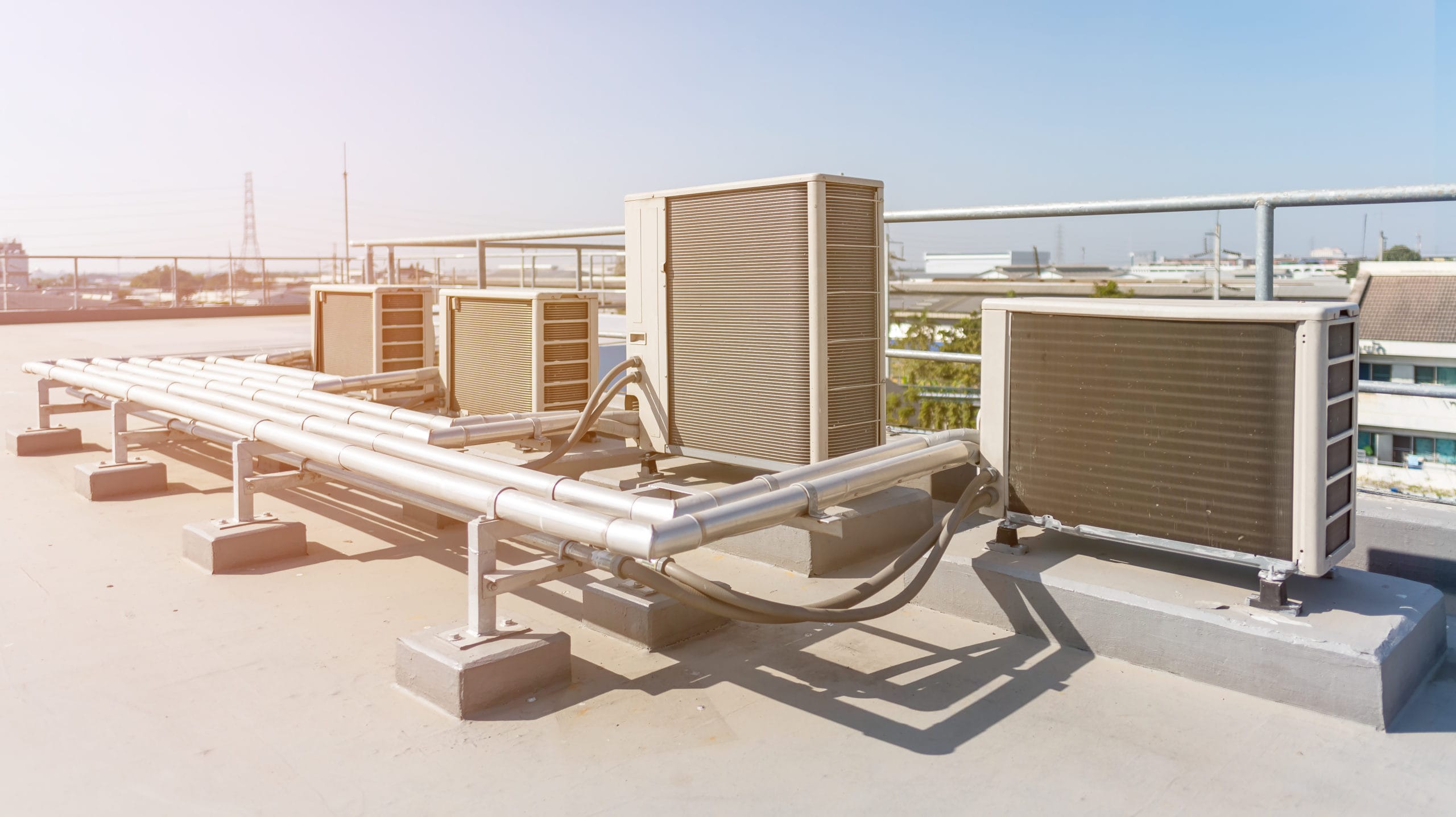Home>Home Maintenance>What To Do Before Turning On Air Conditioner
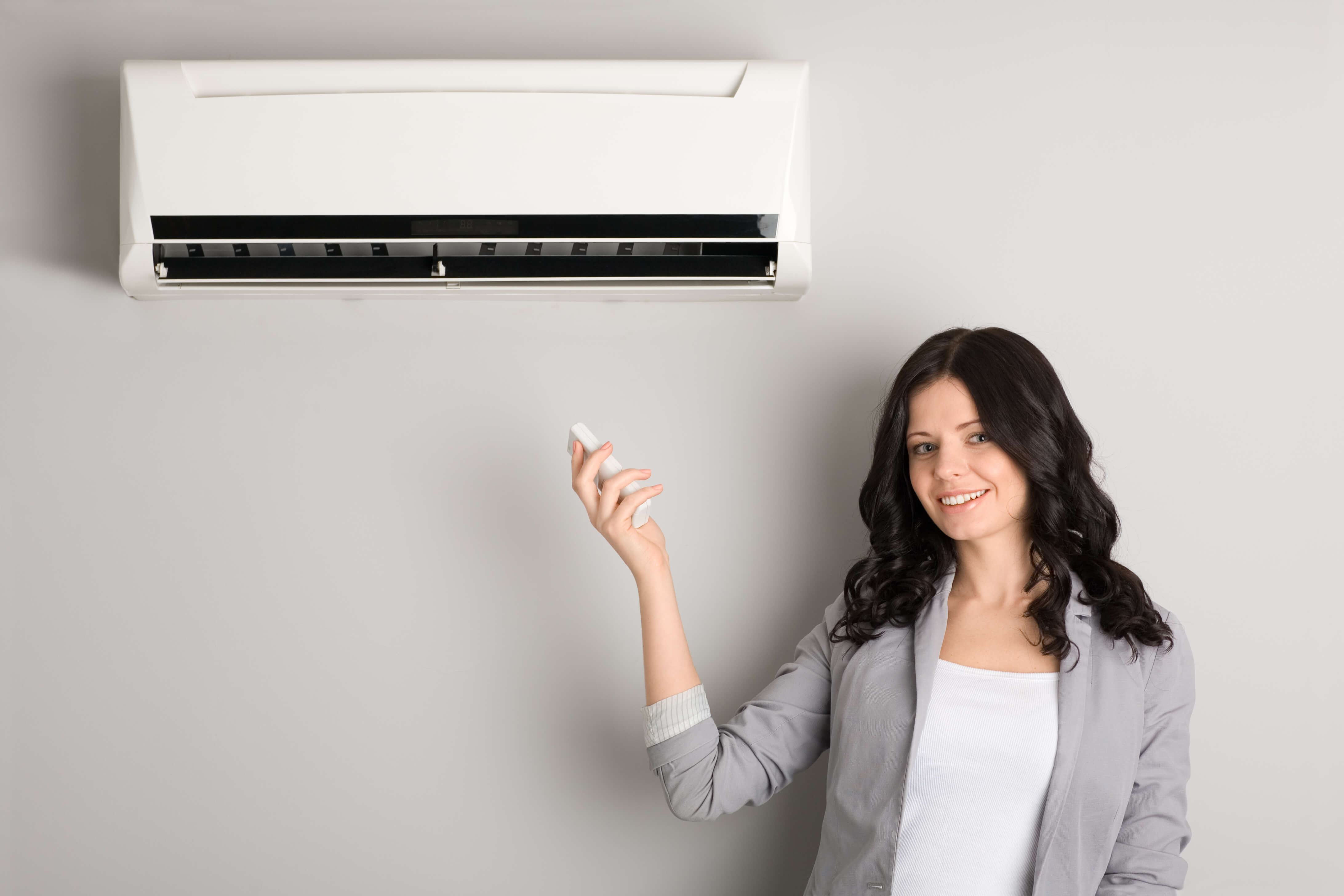

Home Maintenance
What To Do Before Turning On Air Conditioner
Modified: March 7, 2024
Ensure optimal performance and longevity of your air conditioner with proper home maintenance. Learn what steps to take before turning on your AC for the season.
(Many of the links in this article redirect to a specific reviewed product. Your purchase of these products through affiliate links helps to generate commission for Storables.com, at no extra cost. Learn more)
Introduction
Welcome to the ultimate guide on what to do before turning on your air conditioner. As the temperatures rise, it’s essential to ensure your AC system is in top shape for efficient cooling and comfortable living. By following a few simple steps and performing some routine maintenance tasks, you can improve your AC’s performance, save energy, and prolong its lifespan.
Let’s dive into the important steps you should take before firing up your air conditioner.
Key Takeaways:
- Keep your air conditioner in top shape by cleaning filters, checking outdoor unit, clearing debris, and maintaining vents. Proper insulation and thermostat battery replacement are also crucial for efficient cooling.
- Schedule a professional maintenance service to identify and address potential issues, improve energy efficiency, and ensure a cool and comfortable home during the summer.
Clean and Maintain Air Filters
One of the most crucial maintenance tasks for your air conditioner is keeping the air filters clean and well-maintained. Air filters play a vital role in ensuring that the air circulating in your home is clean and free from dust, dirt, and other particles. When the filters become clogged and dirty, it not only affects the air quality but also reduces the efficiency of your AC system.
To clean the air filters, start by locating them. In most cases, the filters are installed near the air intake vents or inside the indoor unit. Carefully remove the filters and inspect them for any signs of dirt or debris buildup. If the filters are reusable, gently clean them by vacuuming or rinsing with water. Make sure to allow the filters to dry completely before reinstalling them.
If the filters are disposable, you should replace them with new ones. It’s recommended to check and clean or replace the air filters at least once every month during the cooling season. However, if you have pets or live in a dusty area, it’s advisable to check the filters more frequently.
Regularly cleaning and maintaining the air filters not only ensures clean air circulation but also improves the overall efficiency of your air conditioner. Clean filters allow for better airflow, resulting in optimal cooling performance and energy efficiency. Additionally, clean filters can help prevent dust and debris from accumulating on the internal components of your AC system, thereby reducing the risk of system breakdowns and costly repairs.
Remember, keeping your air filters clean and well-maintained is a simple yet effective way to optimize the performance and longevity of your air conditioner.
Check and Inspect the Outdoor Unit
Another essential step in preparing your air conditioner for the summer is to thoroughly check and inspect the outdoor unit, also known as the condenser unit. The outdoor unit houses the compressor and condenser coil, which are responsible for cooling the refrigerant and expelling heat from your home.
Begin by inspecting the outdoor unit for any visible signs of damage or debris. Look for bent fins, dents, loose panels, or any other indications of wear and tear. If you notice any issues, it’s best to contact a professional HVAC technician to assess and repair the unit. They have the experience and expertise to handle complex repairs and ensure your outdoor unit is in optimal working condition.
Next, clear away any debris, such as leaves, twigs, grass clippings, or dirt, that may have accumulated around the outdoor unit. A buildup of debris can restrict airflow and hinder the unit’s cooling ability. Use a brush or a soft cloth to gently remove the debris from the unit’s surface, being careful not to damage the delicate fins.
Additionally, make sure there’s at least two feet of clearance around the unit. Trim any branches or vegetation that may be obstructing the airflow. Good airflow is crucial for efficient cooling and can help prevent the outdoor unit from overheating.
Lastly, check the refrigerant lines that connect the indoor and outdoor units. Inspect the insulation on the lines for any signs of wear or damage. Damaged insulation can lead to energy losses and reduce the overall efficiency of your air conditioning system. If you notice any issues, it’s advisable to have a professional replace the insulation.
By regularly checking and inspecting the outdoor unit, you can ensure that it is functioning properly and ready to provide optimal cooling during the hot summer months.
Clear Debris from the Surroundings
To ensure the efficient and smooth operation of your air conditioning system, it’s important to clear any debris from the surroundings of the outdoor unit. Over time, leaves, grass cuttings, dirt, and other debris can accumulate around the unit, impeding its performance and compromising its efficiency.
Start by inspecting the area around the outdoor unit and remove any loose debris that may have accumulated. Use a rake or broom to clear away leaves, twigs, and other debris from the immediate vicinity of the unit. It’s recommended to maintain at least a two-foot clearance around the unit to promote proper airflow and prevent debris from entering the system.
If there are bushes or shrubs located near the unit, trim them back to ensure they don’t obstruct the airflow. Overgrown vegetation can restrict the flow of air and cause the unit to work harder than necessary, leading to higher energy consumption and reduced cooling efficiency.
In addition to clearing debris from the ground surrounding the outdoor unit, it’s important to ensure that the unit itself is free from dirt and dust. Use a gentle stream of water from a hose to rinse off any dirt or grime that may have accumulated on the unit’s exterior. Be cautious not to use high-pressure water that can damage the delicate fins of the condenser coil.
Regularly clearing debris from the surroundings is an important maintenance task that can help optimize the performance and efficiency of your air conditioning system. By ensuring proper airflow and preventing debris from entering the unit, you can promote longevity and avoid potential breakdowns or costly repairs.
Remember, a clean and debris-free environment around your outdoor unit will contribute to a well-functioning and efficient air conditioning system.
Check and Clean the Indoor Vents
As you prepare your air conditioner for the summer, it’s essential to check and clean the indoor vents to ensure proper airflow and efficient cooling throughout your home. Over time, the vents can accumulate dust, dirt, pet dander, and other debris, which can restrict airflow and negatively impact the performance of your AC system.
Start by visually inspecting the vents in each room of your house. Look for any visible signs of dust or dirt buildup. If you notice excessive dirt or debris, it’s time to clean the vents.
To clean the vents, you can use a vacuum cleaner with a brush attachment to gently remove the dust and debris from the vents’ surface. Be thorough and pay attention to any hard-to-reach areas to ensure a comprehensive cleaning. Alternatively, you can use a damp cloth to wipe away the dust and grime from the vents.
In addition to cleaning the vents, it’s also important to ensure that they are not obstructed by furniture, curtains, or other objects. Blocked vents can restrict the airflow and lead to temperature imbalances in your home. Make sure that all vents are free from obstructions and allow for unrestricted airflow.
Properly functioning and clean vents contribute to consistent cooling throughout your home and help your air conditioner operate efficiently. By maintaining clean vents, you can also improve the air quality inside your home by reducing the circulation of dust and allergens.
Regularly checking and cleaning the indoor vents should be part of your routine air conditioner maintenance to ensure optimal performance and a comfortable living environment.
Before turning on your air conditioner, make sure to clean or replace the air filter to ensure proper airflow and efficiency. This will also help improve the air quality in your home.
Read more: What Causes An Air Conditioner To Turn On
Ensure Proper Insulation
When it comes to optimizing the efficiency of your air conditioner and maintaining a comfortable indoor environment, proper insulation plays a critical role. Good insulation helps to seal your home and prevent the escape of cool air, ensuring that your air conditioner doesn’t have to work harder than necessary to maintain the desired temperature.
Start by checking the insulation in your home, particularly in areas such as the attic, walls, and crawl spaces. Insulation should be in good condition and free from any gaps, tears, or moisture damage. If you notice any issues, consider adding or replacing insulation to improve energy efficiency.
Insulating the attic is especially important as hot air tends to rise upward. Insufficient attic insulation can result in excessive heat transfer, making it harder for your air conditioner to cool your home effectively. Adding or upgrading insulation in the attic can significantly reduce energy waste and lower the strain on your AC system.
Additionally, inspect windows and doors for any gaps or cracks that may allow air to escape. Apply weatherstripping or caulking to seal these openings and prevent the loss of cool air. Properly sealing windows and doors not only enhances energy efficiency but also helps reduce noise and improve indoor air quality.
Proper insulation not only helps to keep your home cool during the summer but also provides benefits throughout the year by maintaining optimal indoor temperatures and reducing heating and cooling costs. It’s a cost-effective solution that can significantly improve the overall comfort and energy efficiency of your home.
Consider consulting with a professional insulation contractor who can assess your insulation needs and recommend the most suitable insulation materials and techniques for your home. They have the expertise to ensure that your home is properly insulated, keeping you cool in the summer and warm in the winter.
Test and Replace Batteries in Thermostat
Your thermostat serves as the control center for your air conditioning system, allowing you to set and maintain your desired indoor temperature. To ensure that your thermostat functions properly and accurately, it’s important to test and replace the batteries regularly.
Start by locating the battery compartment on your thermostat. Depending on the model, this can be on the back or bottom of the device. Carefully remove the old batteries and check for any signs of corrosion or leakage. If you notice any damage, clean the battery contacts with a cotton swab and vinegar or contact a professional for assistance.
Next, insert fresh batteries into the compartment, ensuring that they are positioned correctly according to the polarity indications. Once the new batteries are installed, check if your thermostat is displaying the correct date, time, and settings.
In addition to replacing the batteries, it’s a good idea to test the functionality of your thermostat. Adjust the temperature settings and observe if the air conditioner responds accordingly. If you notice any discrepancies or issues with temperature control, you may need to recalibrate or replace your thermostat.
Testing and replacing the batteries in your thermostat is a simple yet essential maintenance task that ensures accurate temperature control and proper functionality of your air conditioning system. Regularly checking the batteries can help prevent unexpected thermostat malfunctions and ensure that your AC operates smoothly.
Remember to mark your calendar to remind yourself to check and replace the batteries in your thermostat every six months or as needed. This small but crucial step can have a significant impact on the overall performance and efficiency of your air conditioning system.
Schedule a Professional Maintenance Service
While there are several maintenance tasks you can perform on your own, it’s highly beneficial to schedule a professional maintenance service for your air conditioning system. A trained HVAC technician has the expertise and tools needed to perform a comprehensive inspection and tune-up, ensuring that your AC is in optimal condition.
Regular professional maintenance offers numerous advantages. Firstly, it helps identify and address any underlying issues or potential problems before they escalate into costly repairs. A trained technician can detect issues such as refrigerant leaks, faulty electrical connections, or worn-out components, and provide timely solutions. By addressing these issues early on, you can prevent major breakdowns and extend the lifespan of your air conditioner.
During a professional maintenance service, the technician will perform a series of tasks, including cleaning and lubricating moving parts, checking refrigerant levels, inspecting electrical connections, and calibrating the thermostat. They will also conduct a thorough assessment of the overall performance of your AC system, ensuring that all components are functioning properly.
In addition to enhancing the performance and reliability of your air conditioning system, professional maintenance can also help improve energy efficiency. A well-maintained AC system operates more efficiently, resulting in lower energy consumption and reduced utility bills.
It’s recommended to schedule a professional maintenance service at least once a year, preferably before the start of the cooling season. However, if you have an older system or if you live in an area with harsh climatic conditions, more frequent maintenance may be necessary.
Remember, investing in professional maintenance not only provides peace of mind but also helps ensure the longevity and efficiency of your air conditioning system. Contact a reputable HVAC company to schedule your maintenance service and enjoy a cool and comfortable home throughout the summer.
Conclusion
As the temperatures rise and you prepare to turn on your air conditioner for the summer, it’s crucial to take the necessary steps to ensure its optimal performance. By following these key maintenance tasks, you can improve energy efficiency, extend the lifespan of your air conditioner, and enjoy a cool and comfortable indoor environment.
Start by cleaning and maintaining your air filters to ensure clean air circulation and efficient cooling. Regularly check and inspect the outdoor unit for any signs of damage and clear away debris that may obstruct airflow. Clearing debris from the surrounding area also promotes proper functioning of the outdoor unit.
Don’t forget to check and clean the indoor vents to optimize airflow throughout your home. Additionally, ensure proper insulation in your home to prevent cool air from escaping and maintain a consistent temperature.
Test and replace the batteries in your thermostat to ensure accurate temperature control and function. Finally, don’t underestimate the importance of scheduling a professional maintenance service. A trained technician can identify and address any potential issues, enhancing the performance and efficiency of your air conditioner.
By following these steps and investing in regular maintenance, you can enjoy a smoothly functioning air conditioning system, lower energy bills, and a comfortable living space during the summer months.
Remember, proper air conditioner maintenance is key to long-term performance and efficient cooling. So, take the time to prioritize these tasks before turning on your air conditioner, and you’ll reap the benefits throughout the season.
Frequently Asked Questions about What To Do Before Turning On Air Conditioner
Was this page helpful?
At Storables.com, we guarantee accurate and reliable information. Our content, validated by Expert Board Contributors, is crafted following stringent Editorial Policies. We're committed to providing you with well-researched, expert-backed insights for all your informational needs.
